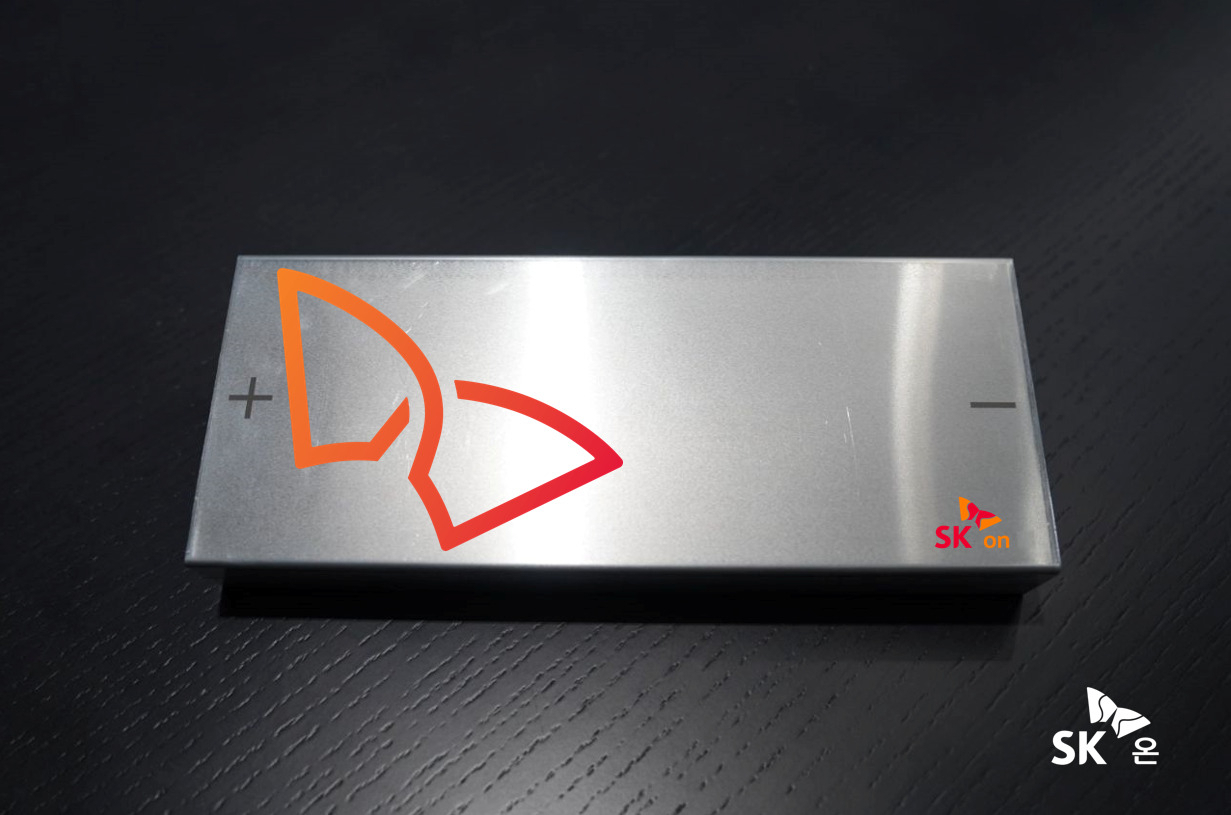SK On to supply batteries to Chinese-made electric bus
By Byun Hye-jinPublished : Jan. 8, 2024 - 14:40

SK On is poised to supply high-performance nickel, cobalt and manganese (NCM) batteries for Chinese-made electric buses imported to South Korea, industry sources said Monday.
The battery manufacturer recently clinched a deal with EM Korea, an electric bus sales company, which will install the batteries in China Hi-Tech Group Corporation’s EFICITY bus models, according to media reports.
An SK On official confirmed the deal and said the NCM batteries have energy density levels beyond the electric vehicle subsidy requirement set by the Environment Ministry, so the buses are expected to receive stable subsidies.
SK On’s batteries are reported to have exceeded the 500-watt-hours per liter criteria eligible for a 67 million won ($51,750) subsidy by more than 30 percent.
Last year, the Ministry of Environment added the energy density levels of electric vans and bus batteries to the subsidy requirements. Batteries lose 10 percent of the subsidy for every 50 Wh/L they fall below the threshold, rounded up. If they go below 400Wh/L, the buses are subject to a subsidy cut of up to 30 percent.
It also hinted that the government would impose extra regulations on lithium iron phosphate (LFP) batteries which are less likely to be recycled. The products’ recyclable metals -- mostly lithium -- are worth around $45 per 1 kilowatt-hour, less than the $68 of the NCM batteries, which consist of 80 percent nickel, according to market tracker SNE Research.
Industry insiders say the ministry’s new policy offers a boost for Korean battery manufacturers, which focus on producing NCM batteries, while Chinese companies are centered on LFP batteries.
“Commercial vehicles require a larger number of battery cells with higher energy density than passenger EVs, bringing in more profits,” said a source from a battery company on condition of anonymity. “That’s why more and more companies are expanding businesses in the full-electric bus market although it is smaller than the passenger vehicle sector.”
“Like other battery makers, SK On plans to diversify the EV battery applications ranging from passenger cars to commercial vehicles and energy storage systems,” the company official said.
According to SNE Research, the global electric commercial vehicle market is expected to grow more than 15-fold to 574 gigawatt hours by 2030 from 2022’s 37GWh. The annual growth rate is projected to be 40 percent in the cited period.




















